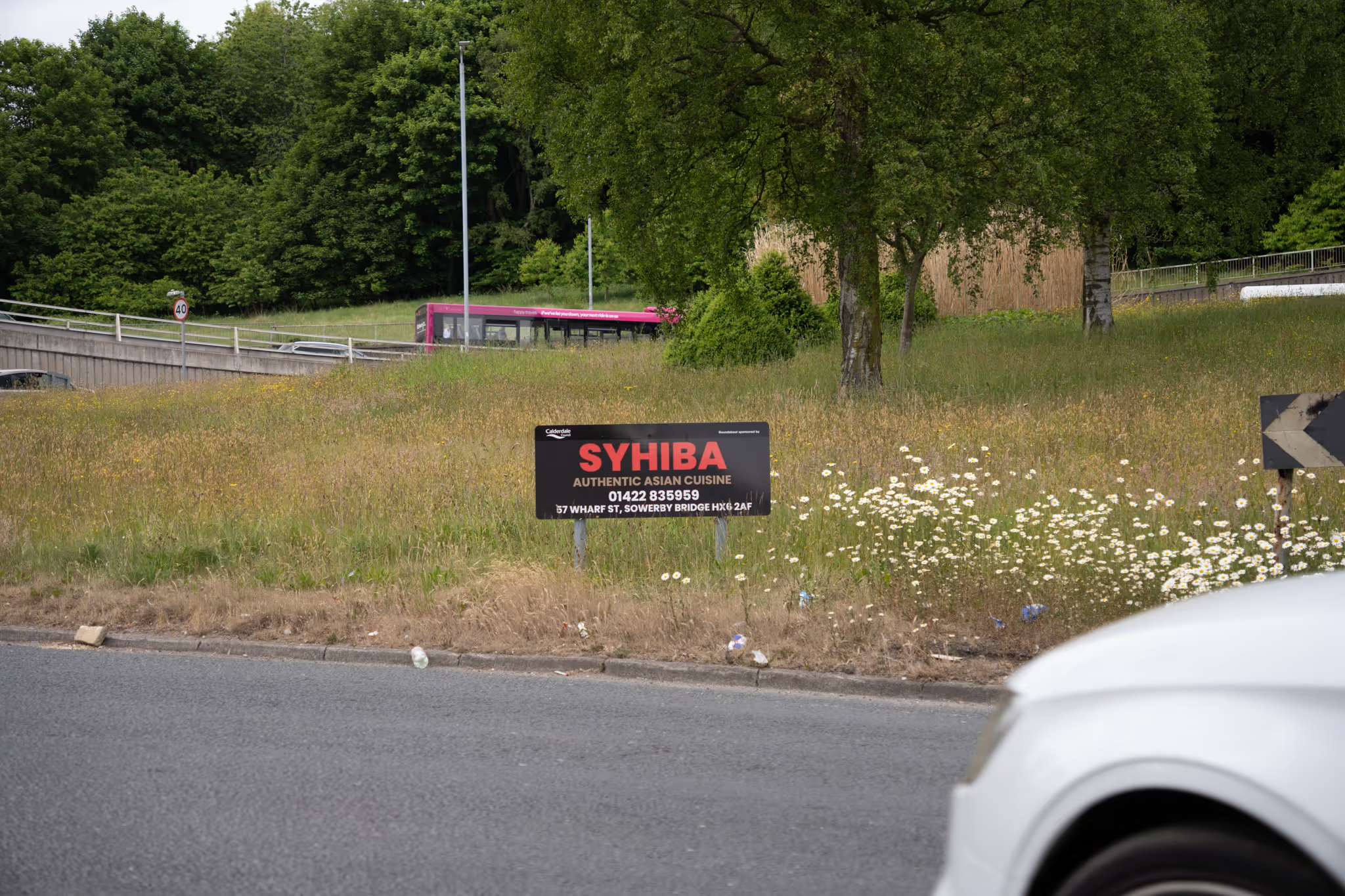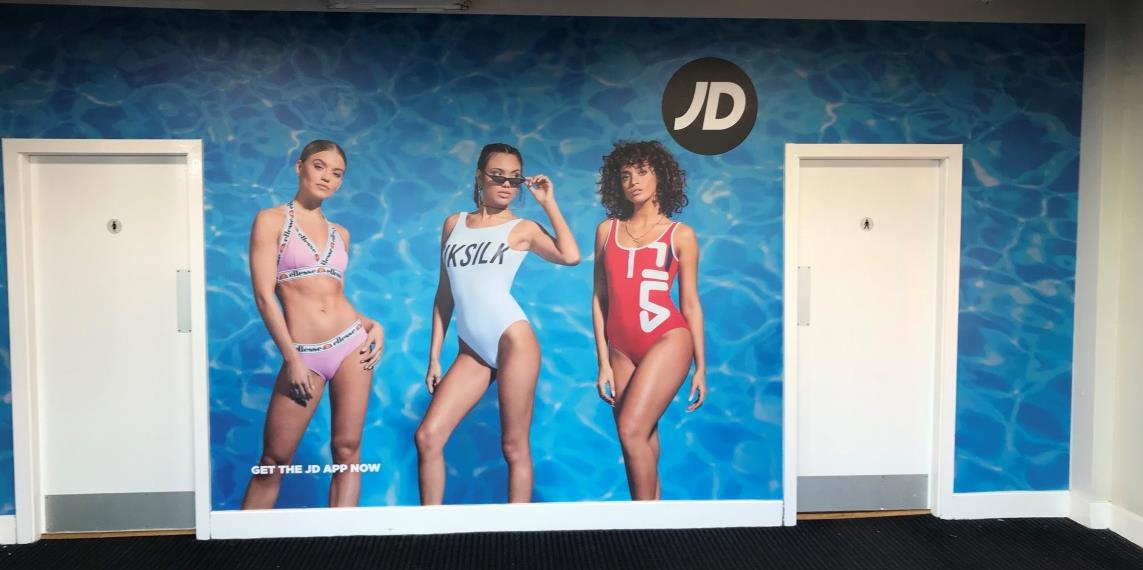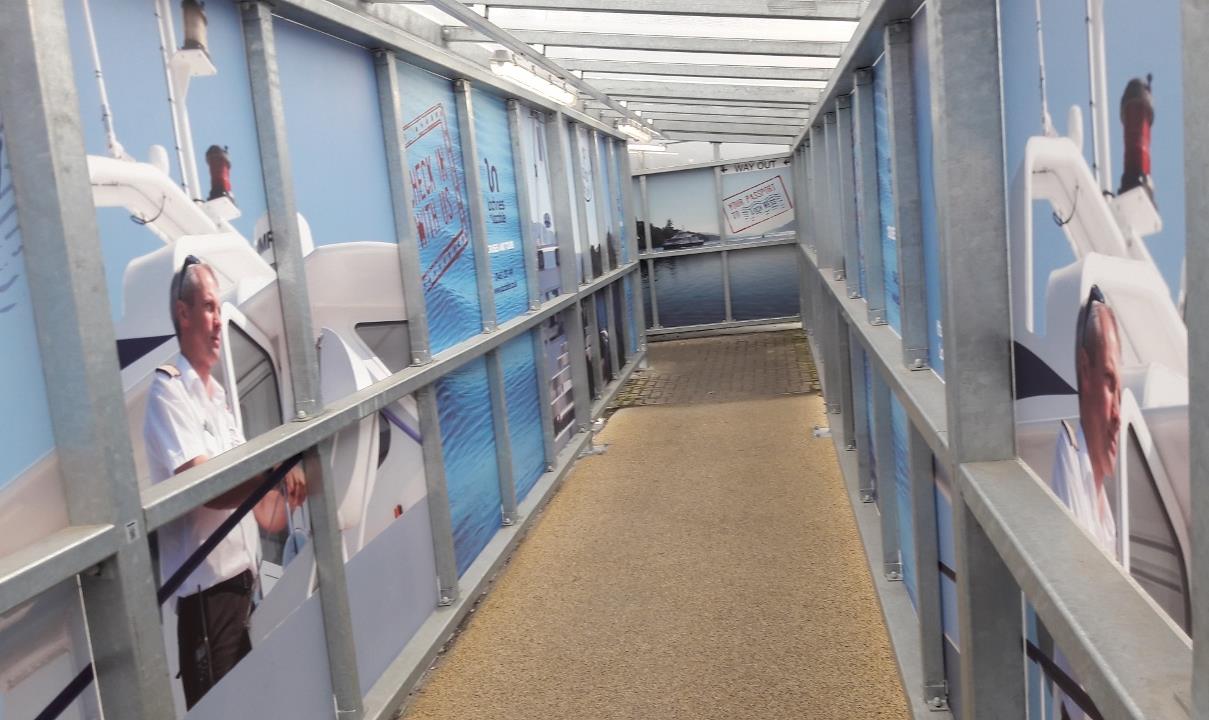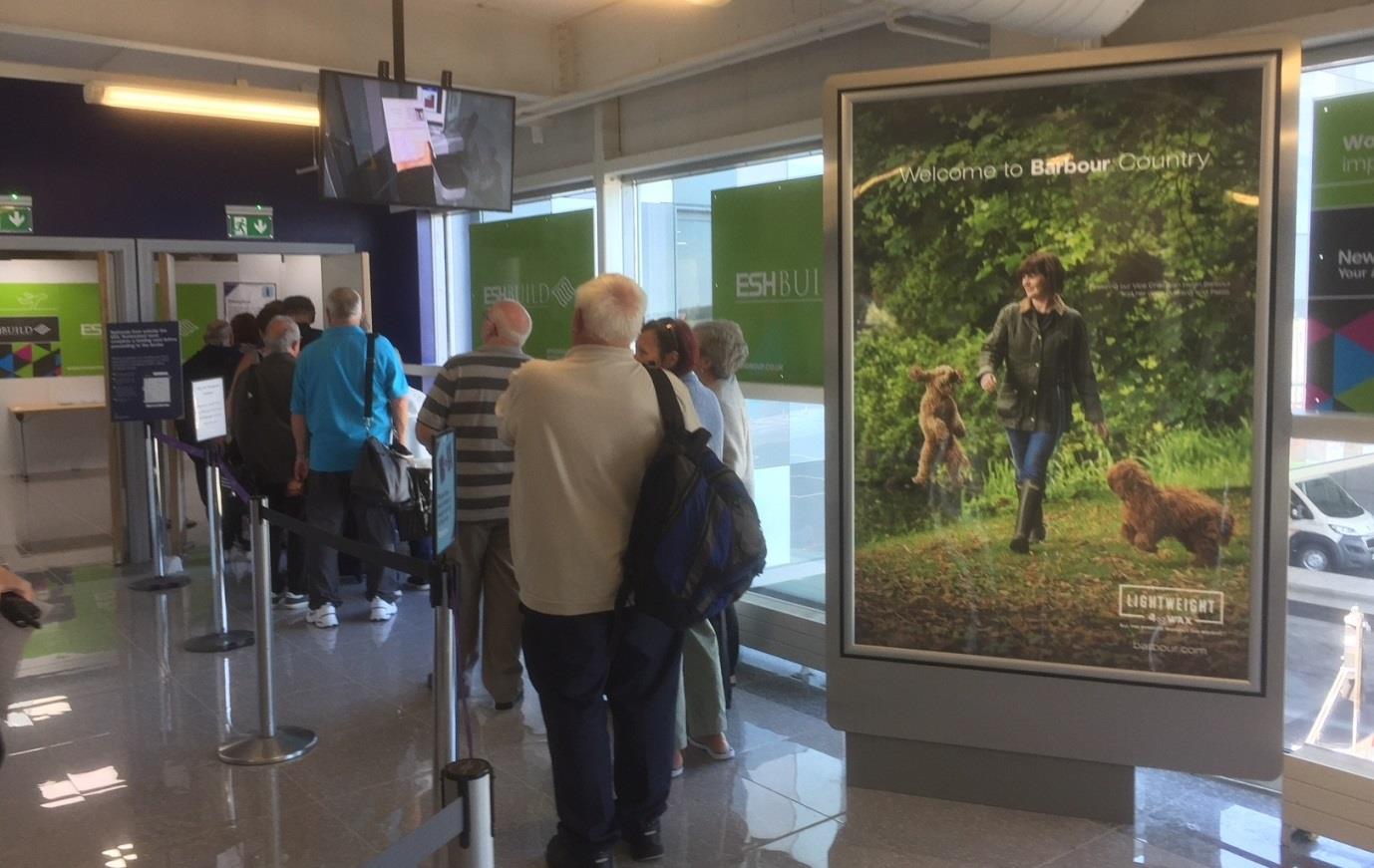Built-In Repetition and Brand Recall
Roundabout ads don’t just get noticed once, they get noticed over and over again.
- Commuters take the same routes daily, meaning they see the same roundabout ad hundreds of times a month.
- Unlike digital ads, these placements can’t be skipped, blocked, or ignored.
- The captive audience effect at roundabouts means drivers actually have time to absorb and remember the message.
This repeated, unavoidable exposure creates strong brand recall. Research on roadside advertising consistently shows that high-frequency placements in routine journeys significantly improve memorability and trust.
Driving Action and Measurable Results
Roundabout advertising doesn’t just raise awareness, it drives action.
- Ads are seen close to the point of decision-making. For example, a retail store near a sponsored roundabout benefits directly from impulse visits.
- Nationally, roadside advertising has been shown to drive up to 35% uplifts in website traffic during campaigns.
Cost-Effectiveness: High Impact, Low Spend
Roundabout advertising is one of the most cost-effective outdoor formats in the UK.
- Sponsorship costs typically range from £500 to £2,000 per roundabout, per year, depending on traffic levels and location.
- Compared to billboards, which can run at £1,000+ per fortnight, roundabout signage offers year-long visibility at a fraction of the cost.
- On a cost-per-thousand (CPM) basis, roundabout ads are often the cheapest form of roadside branding available.
For businesses with modest budgets, roundabout advertising delivers consistent, high-frequency local exposure that rivals much more expensive formats.
Positive Perception and Community Value
Unlike intrusive formats, roundabout advertising is generally well-received by the public. Why? Because it’s often delivered in partnership with councils and contributes directly to local upkeep.
- Roundabout sponsorship funds the maintenance of green spaces, flowers, and landscaping, giving businesses positive community association.
- This “civic partnership” effect means brands aren’t just seen, they’re seen as supporting the local area.
- Local sentiment surveys show residents view sponsorship schemes positively, often citing them as preferable to cluttered billboards.
This goodwill adds an extra layer of trust and credibility to the brand message.
Real-World Impact: Success Stories
Roundabout advertising has proven effective across the UK:
- Estate Agents regularly dominate local roundabouts, ensuring their boards are seen daily by thousands of nearby homeowners. Many agencies credit roundabout visibility with increased instructions and valuations.
- Automotive Retailers car dealerships frequently use roundabout sponsorship to capture motorists in the vicinity of their showrooms.
- Hospitality Businesses pubs, gyms, and hotels near key roundabouts leverage signage to direct drivers immediately to their venue.
- Local Authorities councils from Manchester to York report high uptake of sponsorship, with strong renewal rates from advertisers due to consistent returns.
Conclusion: Own the Road
Roundabout advertising offers something rare in modern marketing: cost-effective, high-frequency exposure that people actually notice and remember.
It combines hyper-local targeting with prolonged dwell time, repeated daily impressions, and positive community sentiment. Whether you’re a small business looking to dominate your patch or a larger brand wanting trusted, localised exposure, roundabout advertising delivers results that stick.
If your goal is to be seen every day by the people who matter most in your area, roundabout advertising puts your brand exactly where it needs to be at the heart of your community’s daily journey.






